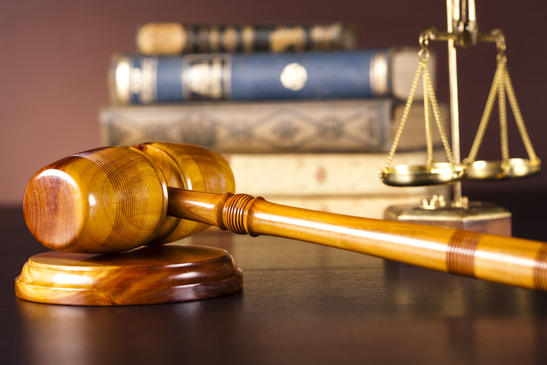When a lawsuit is initiated, there are a number of issues that need to be considered. One potential problem that may arise is when the parties are located in different jurisdictions, states or even countries. When location becomes a problem, it is imperative to determine where the case will be filed. One way to determine what court will have jurisdiction over the lawsuit is by determining the choice of law.

What is Choice of Law?
Choice of law is a stage during the litigation process that involves relations between individuals, businesses and/or other entities that go beyond different legal jurisdictions. In addition, the goal of choice of law would be to require the laws of one court to apply to the jurisdiction within another geographic area.
How Choice of Law Works
For example, different legal jurisdictions may arise when one individual is located in California and is suing another person located in Texas. When this happens, the court that the Plaintiff chooses needs to decide if they have the proper jurisdiction to hear the case. If so, the court must also decide if there is another court or forum that would be better suited to hear the case. The rationale behind these decisions is to ensure that all parties in the lawsuit are able to have a fair trial without one side being prejudiced or being favored.
At the same time, there may be some instances when the jurisdiction of another nation may come into play. If this happens, in most cases the court will recognize the validity of a foreign judgment when there is a conflict of law.
Lastly, the court decides where each pleaded aspect of the case should be applied within the court system. Once this is done, the corresponding choice of law rules are applied.
Factors to Consider
There are a number of factors that need to be taken into account when determining choice of law. Some of these factors include but are not limited to where both parties reside (either within the United States or internationally); the nationalities of the entities; the location where each action in question took place; if there are any assets and if so, how they apply to the given case; and the law or laws that apply the most to the issue at hand in the lawsuit.
Conclusion
If a business or individual is unsure about the venue for their lawsuit, it can be useful to speak with a business attorney. A lawyer can explain which court may be best for a Plaintiff to file a lawsuit or which jurisdiction may be best to defend oneself. In addition, the attorney can also discuss any potential issues that may arise during the case and what the benefits and drawbacks would be for each venue. Lastly, a lawyer can also discuss any possible strategies that the organization or person may want to present to the court in the early stages of the lawsuit.
rw
